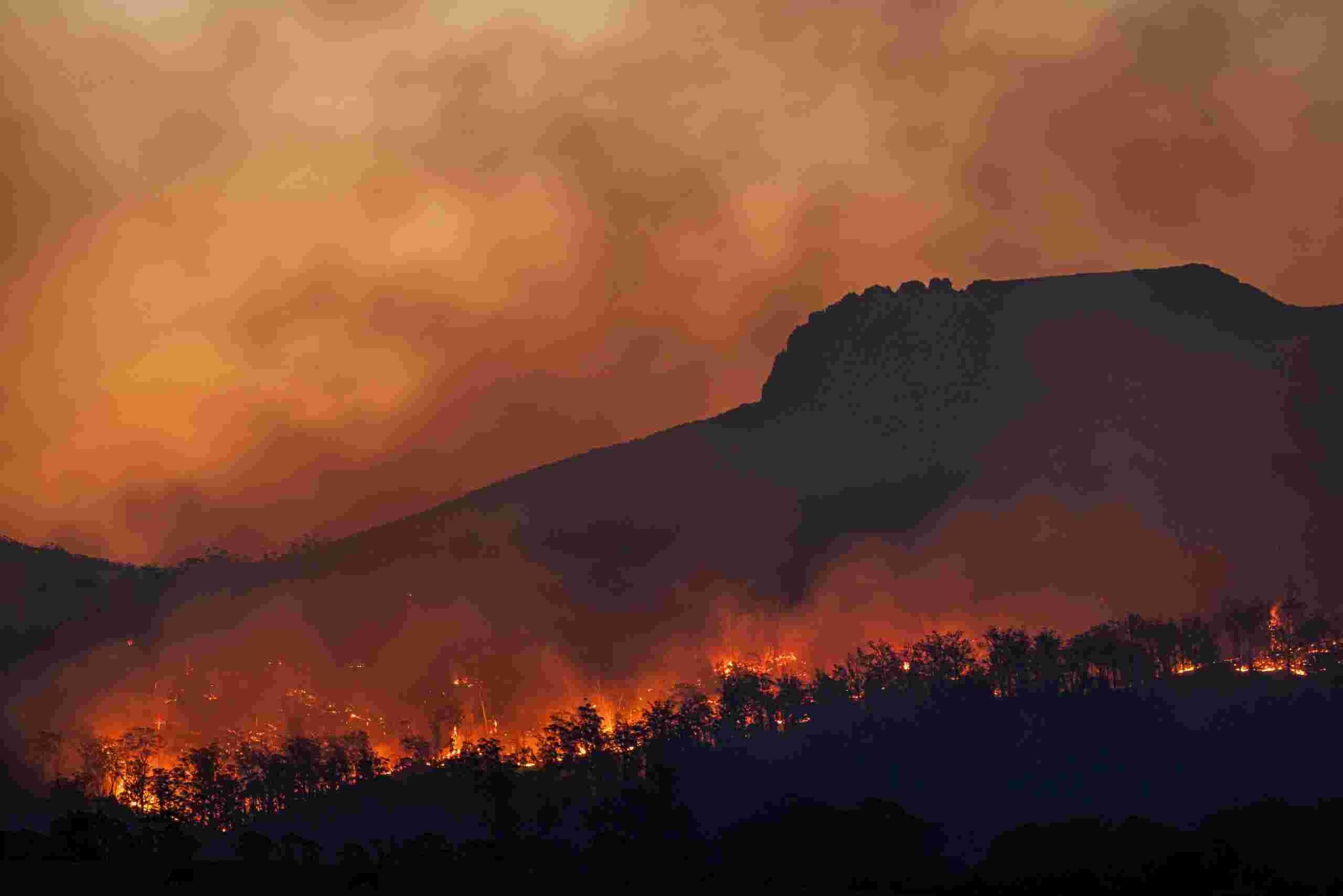Bushfires and Extreme Weather Events

Introduction
Extreme weather events like terrible bushfires, heatwaves, and droughts are fueling climate change, but our leaders continue to throw coal into the furnace. Climate change is a disaster. It’s past time for our leaders to act as though they believe it.
Bushfires Events in Australia
Extreme weather, such as floods and heatwaves, results from climate change. While it does not cause bushfires, it does exacerbate them. Temperature, dryness, wind speed, land slope. Also, and humidity are all factors that contribute to bushfire risk, all of which are exacerbated by climate change.
The driest January to August period on record occurred in Australia’s southern half in 2019. Bushfires sparked by climate change-related conditions have wreaked havoc on Australians, and they continue to do so. In New South Wales alone, the 2019 wildfire season has claimed 25 lives, including three volunteer firefighters, and damaged nearly 1500 homes.

Bushfires have become increasingly unpredictable and intense due to the climate issue, posing a further threat to city people’s respiratory health.
Between the 1970s and 2013, significant wildfires caused over 8000 injuries and 400 deaths in Australia, accounting for approximately half of all deaths caused by natural catastrophes. The overall cost of the damage was AU$4.7 billion.
Throughout the year, the climate in Australia is hot and dry. The fire season varies greatly in place and occurrence due to the continent’s various temperature zones and weather patterns. Spring and early summer, for example, are peak seasons in NSW and southern Queensland, but winter and spring are peak seasons in the Northern Territory. Summer and autumn are high-risk seasons for most of southern Australia. They are getting worse in the age of the climate crisis. Fire seasons are beginning to begin sooner and conclude later.
What is the Impact of Forest Fires on Wildlife?
Bushfires burn and damage key wilderness regions, destroying habitat, killing and endangering species, and taking hundreds of years to recover. Unfortunately, koala numbers are among the threatened species, with deforestation for agriculture and logging posing major risks to their habitat. Drought, forest fires, and decreased water supply contribute to climate change. On the ground, animal rescuers describe what they’ve seen in the fire zones as a “wildlife Armageddon.”
The devastating impacts of these bushfires on Australian wildlife have been particularly acute this year-and-a-half, as fires swept across important animal habitats. According to ecologists at the University of Sydney, the devastating bushfires have harmed up to half a billion creatures. In New South Wales alone However, because bushfires continue to destroy crucial habitats and food supplies, the actual damage to Australia’s flora and fauna cannot be fully accounted for.
Preventing Extreme Weather Events
The scientific links between climate change and extreme weather occurrences are evident. Whether it’s rising sea levels rendering coastal towns more vulnerable to flooding during storm surges. Also, warmer ocean temperatures leading to greater winds and rainfall, or climate-exacerbated drought.
But it turns out that this was predicted by more than just climate scientists. Decades ago, the fossil fuel business did as well. The idea of what we might face if temperatures increase over the 1.5 or 2 degrees Celsius targets set out in the Paris climate agreement is terrifying.
What is Greenpeace Doing About Climate Change and These Bushfires?
The burning of fossil fuels is the primary cause of the climate problem. But the Australian government has no plans to restrict coal and gas consumption or export. Emissions in Australia are increasing, and the government has no viable plan to halt this trend.
Greenpeace has also shared the tales of Australians who have been affected by the catastrophe and organized a fundraiser for the Rural Fire Service.